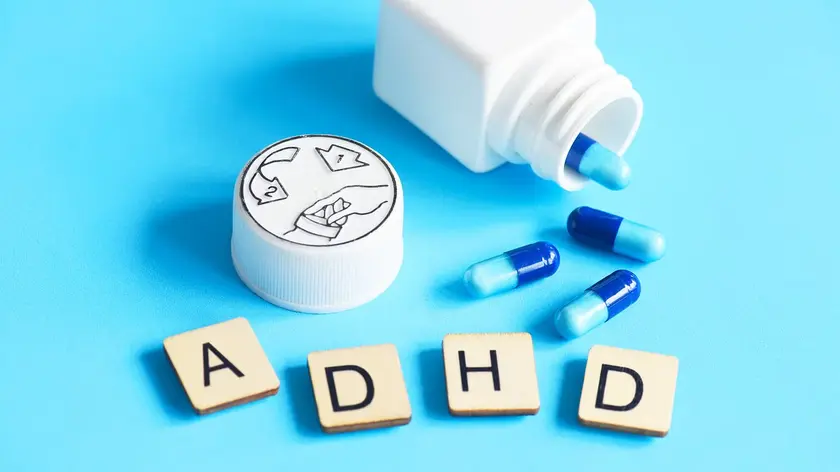T4K3.news
ADHD drugs linked to broader life benefits
A Swedish study finds ADHD medication may reduce substance misuse and other harms.

A Swedish study links ADHD medication to lower risks of substance misuse, suicide, transport accidents and crime.
ADHD drugs widen life benefits study finds
A BMJ study of 148,500 people aged six to 64 with ADHD in Sweden found that 57 percent started drug treatment. Methylphenidate, also known as Ritalin, was the most common drug, prescribed in 88 percent of treated cases. The data show reductions in first-time events after starting medication: suicidal behaviour down 17 percent, substance misuse down 15 percent, transport accidents down 12 percent, and criminal behaviour down 13 percent.
When looking at recurrent events, the study found suicide attempts down 15 percent, substance misuse down 25 percent, accidental injuries down 4 percent, transport accidents down 16 percent, and criminal behaviour down 25 percent. The authors say treatment may curb impulsive behaviour and improve concentration, which could explain the better outcomes. They also caution that the study cannot rule out factors such as genetics, lifestyle, or ADHD severity influencing results, and they note long waits for ADHD assessment in the UK as context for access to care.
Key Takeaways
"Now we have evidence they can reduce these risks."
Author’s takeaway on potential impact of findings
"Oftentimes there is no information on what the risks are if you don't treat ADHD."
Stresses knowledge gap in untreated cases
"the study was designed to be as robust as possible but cannot rule out other factors."
Notes study limitations
"Taking ADHD medication was linked to reductions of first-time suicidal behaviour."
Key study outcome highlighted
The findings add a new angle to ADHD treatment by suggesting long term life outcomes beyond daily symptoms. Yet the study is observational and cannot prove causation; people who start treatment may differ in other ways that influence outcomes. Policy makers and clinicians should weigh access to diagnosis and treatment against potential side effects and the broader social costs of untreated ADHD.
The report highlights the need for careful risk communication and more research to understand mechanisms. If future studies confirm these associations, healthcare systems may need to integrate ADHD treatment with psychosocial support to maximize long term benefits while safeguarding safety and equity for all patients.
Highlights
- Now we have evidence they can reduce these risks.
- Oftentimes there is no information on what the risks are if you don't treat ADHD.
- The study was designed to be as robust as possible but cannot rule out other factors.
- Taking ADHD medication was linked to reductions of first-time suicidal behaviour.
Policy and safety implications raise potential risks
The study signals possible long-term gains from treatment but is observational. Causality cannot be established and policy decisions on access, funding, and safety must be cautious and well informed.
The next step is translating this evidence into accessible care for those who need it.
Enjoyed this? Let your friends know!
Related News

Trump's Health Officials Blame Patients for Illnesses

ADHD debate sparks strong opinion

Study Links ADHD to Joint Hypermobility

Vaccine injury spurs class action

New treatments significantly improve lives of colitis patients

Denial of access to tofersen raises alarms for MND patients

Psilocybin shows promise as an anti-aging treatment

Kennedy's views on chronic illnesses prompt major backlash
